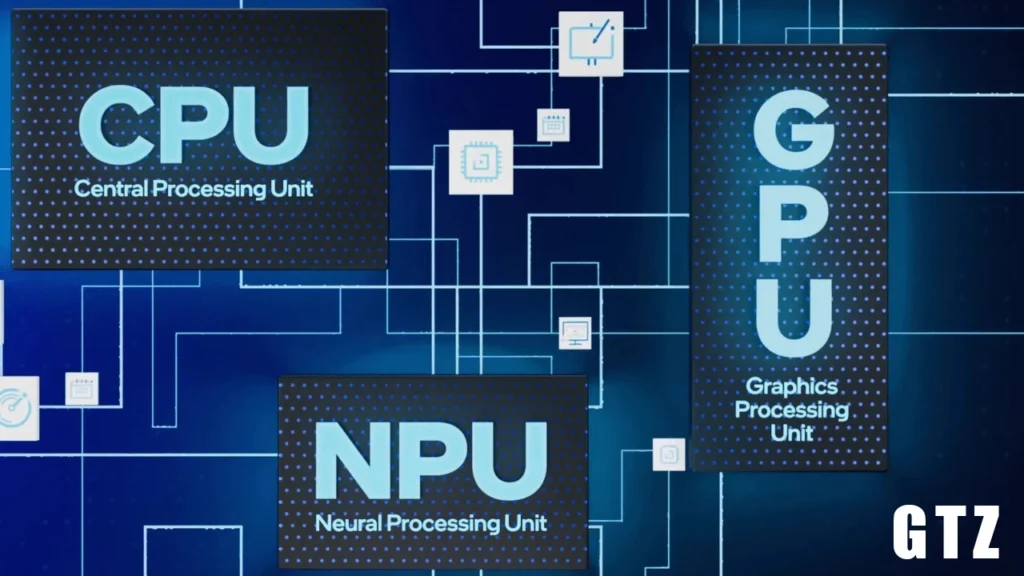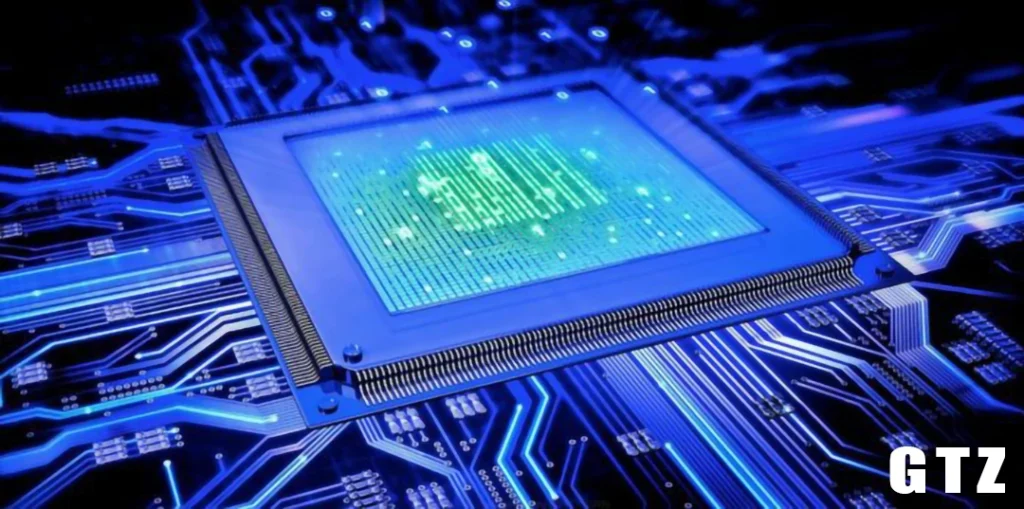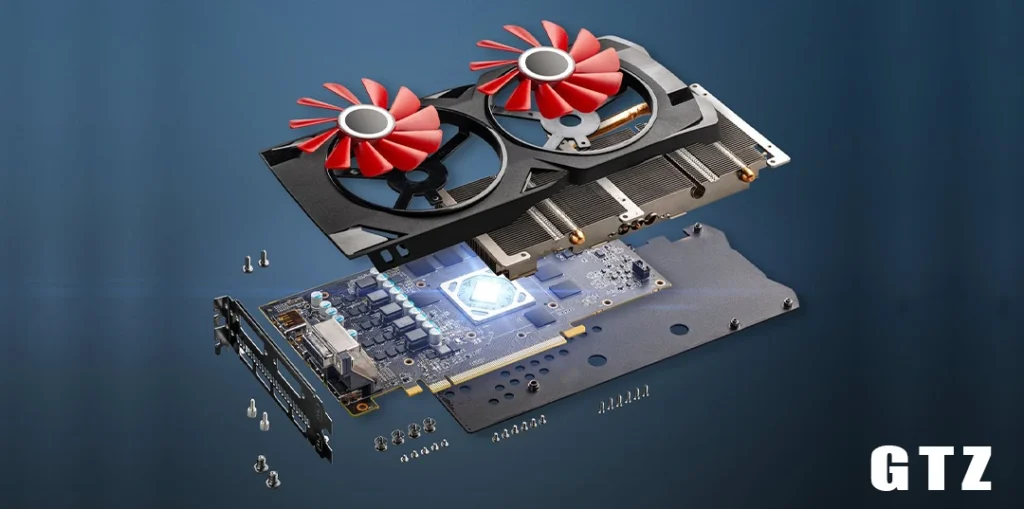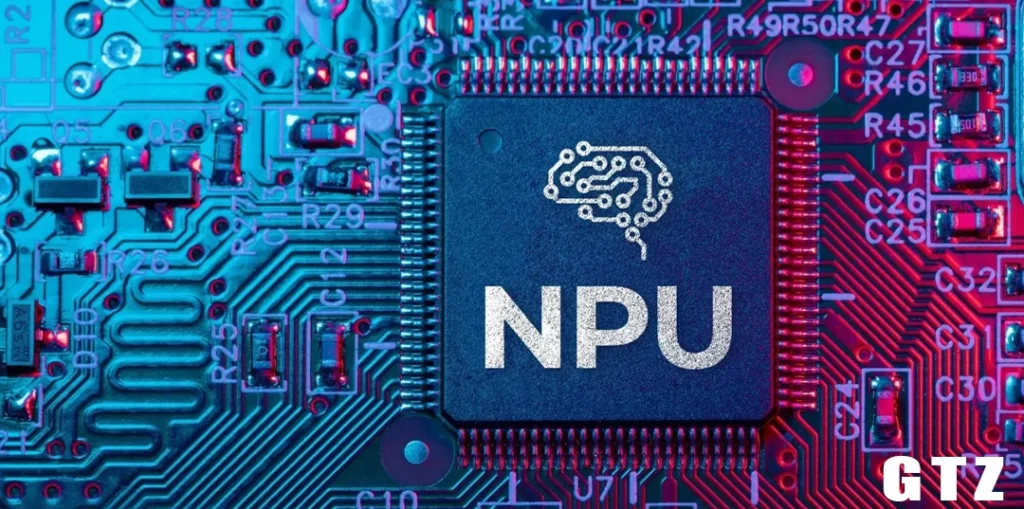CPU, GPU, and NPU: Knowing Their Difference and Significance

Whether it is a smartphone, laptop, or desktop computer, the work of powerful chips inside a device is what you depend on. These chips include a CPU, GPU, and sometimes an NPU. In this article, we’ll explore CPU vs GPU vs NPU, detailing what each one does, how they work, and which is most important for different types of devices.
What is a CPU?

The CPU is the Central Processing Unit, considered the brain of every computer or smartphone. It manages the general tasks occurring within running apps, operating systems, and commands. CPUs are designed to handle almost all types of general tasks but only one at a time or a few in parallel.
How it works: The CPU carries out instructions through the use of cores. Most modern CPUs contain at least two, if not more, cores, allowing them to multitask effectively.
Importance: It is basic to the point of handling general computing tasks: surfing the web, editing documents, or managing files.
What is a GPU?

The GPU is designed for handling image, video, and graphical manipulations; it’s been developed explicitly for handling plenty of calculations at once it is perfect for tasks entailing a great deal of data, such as the rendering of video or playing games.
How it works: GPUs contain a large number of smaller cores designed to handle data all at once, making them much faster in certain areas than the CPU, such as 3D rendering or video processing.
Importance: The GPU is important for gamers, video editors, and generally people who work with 3D design software.
What is an NPU?

The NPU, or Neural Processing Unit, is a newer class of chips that are designed for solely handling AI tasks. NPUs are very good at recognizing faces, processing speech, or enhancing camera quality examples of machine learning tasks.
How it works: NPUs utilize the power of specialized hardware to run AI algorithms way faster and in a much more efficient way compared to either of its other alternatives, namely CPU and GPU.
Importance: They are very common in recent smartphones, improving AI capabilities such as voice assistants, real-time photo editing, and augmented reality.
Key Differences Between CPU vs GPU vs NPU
| Feature | CPU | GPU | NPU |
| Main Function | General-purpose computing | Graphics and parallel tasks | AI and machine learning |
| Speed | Slower at specialized tasks | Faster at graphics tasks | Faster for AI-related tasks |
| Efficiency | Moderate | High for graphics | Very high for AI tasks |
Which Chip is Most Important in CPU vs GPU vs NPU?
The importance of these chips depends on the type of device and what you’re using it for, especially when considering CPU vs GPU vs NPU for specific tasks.
Smartphones:
- CPUs are responsible for basic phone apps and functions.
- GPUs manage gaming and video playback.
- NPUs enhance AI features, including camera effects and voice recognition.
- Most Important: All three are important, but NPUs are becoming more important for modern features.
Laptop:
- CPUS can handle everyday activities, from browsing and writing to coding.
- GPUs are a must for games, video editing, or 3D design.
- Most Important: For general users, the CPU is most important, but for gamers and creators, a strong GPU is needed.
Desktop Computers:
- CPUs handle multitasking and operating systems.
- These GPUs are quite important in the field of gaming, video editing, and professional work.
- Most Important: In the case of high-performance GPUs, gamers and pros are the only ones taking advantage, while general users depend more on the CPU.
Why It Matters
Knowing what each of these-CPU, GPU, and NPU-do will go a long way in helping you select the device that best fits your needs. If you are a gamer or creator, this means prioritizing the GPU. If you’re into AI and smart features, look for a device with a strong NPU. And no matter what, a good CPU is always important to make sure everything else runs smoothly.
Final Thoughts
While there can’t be a perfect analogy relating to these chips, most of them play an uncommon, important role in making every gadget powerful and efficient. By understanding CPU vs GPU vs NPU, you’ll be more informed about how the performance differs between your smartphone, laptop, or PC, helping you make smarter decisions when ordering an advanced gadget.
CPU vs GPU vs NPU: Some Important FAQs
What’s the big difference between a CPU and GPU?
A CPU can be thought of as being a general-purpose processor whose purpose ranges from a host of areas, whereas GPUs are designed to handle data in bulk, especially graphical and video.
Why is the NPU important in smartphones?
Other advanced AI capabilities, such as voice recognition, image processing, and augmented reality applications that have made smartphones really smart and considerably more efficient are also enabled by NPUs.
Do all devices have NPUs?
No, NPUs are embedded usually in modern smartphones, in high-end devices built for AI and machine learning.
Can a GPU replace a CPU?
No, a GPU can’t replace a CPU; they do different jobs. The CPU handles general tasks, while the GPU excels in graphics and parallel processing.
Which chip is best for gaming?
The most important chip for gaming is a powerful GPU, which handles rendering and visual performance.
How to check if your phone has an NPU?
You can check the device’s specifications or AI-specific features like real-time photo enhancement and voice assistants.
Is a CPU still important if I have a strong GPU and NPU?
Of course, the CPU plays an important role in terms of overall system performance and multitasking, managing other components. 8. What is the best chip combination for video editing? You would need a powerful CPU to encode the video and a powerful GPU to render the results. An NPU isn’t as crucial but helps with some AI-based enhancements.
Thank You for Visiting GetTech Zone!
We want to say a big thank you for spending your time with us here at Get Tech Zone. Your curiosity and interest inspire us to keep creating easy-to-understand tech content.
Whether you’re learning about CPU vs GPU vs NPU or just exploring new tech ideas, we’re thrilled to have you on this journey. We aim to make technology simple, fun, and helpful for everyone.
If you have any questions, or suggestions, or just want to say hi, feel free to reach out. Let’s keep exploring the exciting world of technology together!
Stay curious, stay tech-savvy, and keep visiting Get Tech Zone! 😊